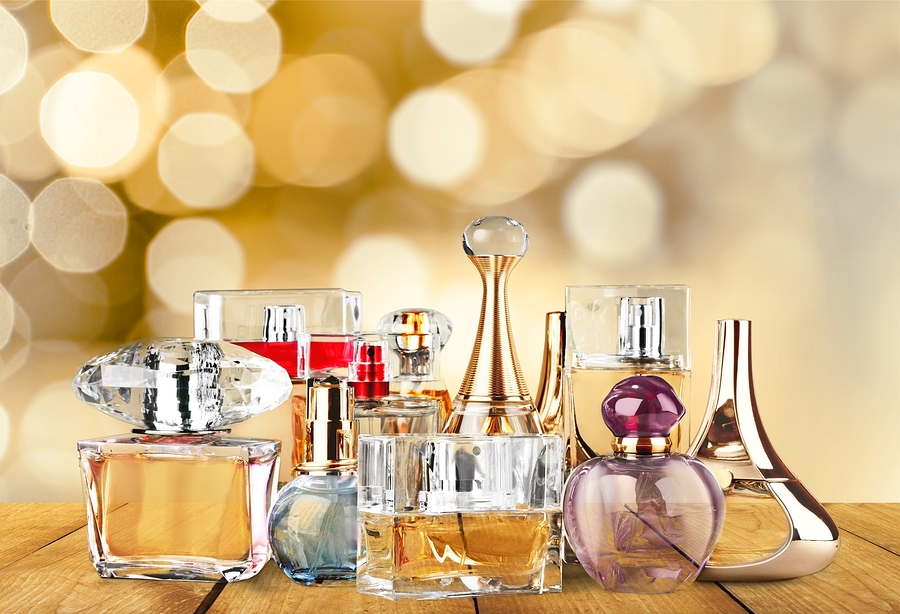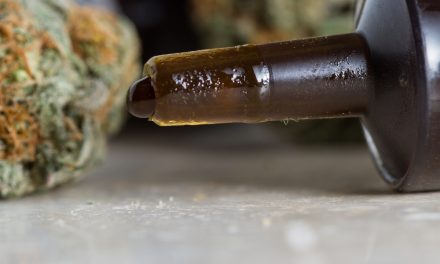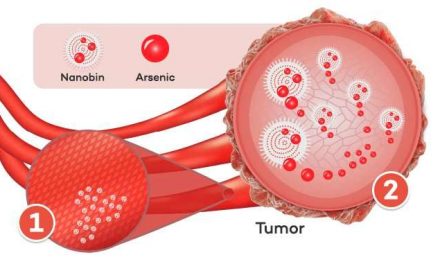Highly Toxic Chemicals Found In Perfumes
A fascination with expensive perfumes is embedded in our culture. We can literally spend hundreds of dollars on a coveted bottle of wisely marketed expensive fragrances. After all, it somehow draws us closer to the luxurious life of high fashion. We want to be identified with Coco Chanel or perhaps live a imaginary Parisian life. However, expensive and exquisitely smelling perfumes have concealed a hidden threat – tons of toxic chemicals. According to many scientific findings, more than 900 of the 3000 ingredients used in perfumes are toxic. Some synthetic ingredients that form the basis of popular perfumes are allergens, not safe for human health.
Perfume Dangers
Scientific research of those chemical compounds showed that almost any perfume is a potential threat to health: the permanent use of perfumes can cause allergic reactions, irritation of the respiratory tract (with some very unpleasant symptoms) and finally, hormone disruptions, sperm damage, and severe headaches.
Allergies
A lot of people are allergic to perfume, and most of them don’t even know it. Allergies to perfume are often reflected in the form of skin rashes. Moreover, you can even experience perfume intolerance through skin contact with another person. You can get skin rash on the hands, wrists and face.
The most dangerous potential allergens in the composition of synthetic perfumes are primarily synthetic molecules with a strong smell which include aldehydes (chemical compounds with floral smell such as in particular Chanel №5), cinnamyl alcohol (often used in perfumery with characteristic balsamic sweet floral scent with a note of hyacinth).
Respiratory toxicity and Headaches
The continuous use of perfume can lead to one of the most serious health risks – bronchial spasms, especially common among people suffering from asthma. It can lead to chronic asthma and development of chronic disorders of the upper respiratory tract. One of the ingredients in most perfumes is Benzyl alcohol which affects the respiratory tract and central nervous system. It causes respiratory irritation, headaches, and nausea.
Hormonal changes
Some toxic ingredients in perfumes may inflict a huge blow on the hormonal balance of the body. These hormone disruptors only need to be present in parts per billion in order to have an effect. Scientific studies have shown that at least a few dozen of common perfume ingredients affect the level of hormones in the human body. Some of them act similar to female hormone estrogen and some immitate thryoid gland functions. Prolonged exposure to these substances in the body can potentially provoke an increase breast enlargement in boys. As an example, Halle by Halle Berry, Quicksilver and Jennifer Lopez’s J. Lo Glow contain seven chemicals which can lead to the hormone system malfunction.
Unfortunately, there are many more toxic ingredients that can be found in synthetic perfumes which we don’t know about since fragrances are considered trade secrets. Unfortunately for the consumers, The Federal Fair Packaging and Labeling Act of 1973 allowed manufacturers of cosmetics and personal care products to keep the ingredients of their perfumes a secret. I don’t know about you, but I want to know what I am buying and especially putting on my body.
How to Make Your Own Natural Perfume
You will need:
- A 2 oz. spray glass bottle
- Carrier oils. Instead of using alcohol, you canmake an oil based perfume with carriers such as almond oil or jojoba oil. These oils will substitute alcohol in your perfume.
- Your favorite essential oil. You can use vanilla or lavender. There is a lot to choose from!
Perfume is usually made up of base notes (active the longest in a perfume), such as cedarwood or sandalwood.
Middle notes (smell stays second longest) such as nutmeg, basil, lavender, rose germanium, jasmine, coriander.
Top notes ( evaporates first) such as mint, peppermint, lemon, lime, orange, bergamot.
Method
1. Equally divide 25 drops of base, middle and top notes essential oils. Mix well.
2. Mix in 1 teaspoon (you can make your own proportions) of Carrier Oil. Shake well for around thirty seconds.
The longer your perfume sits, the better. This will help the smell to mature and get stronger.
*Article originally appeared on Living Traditionally.












